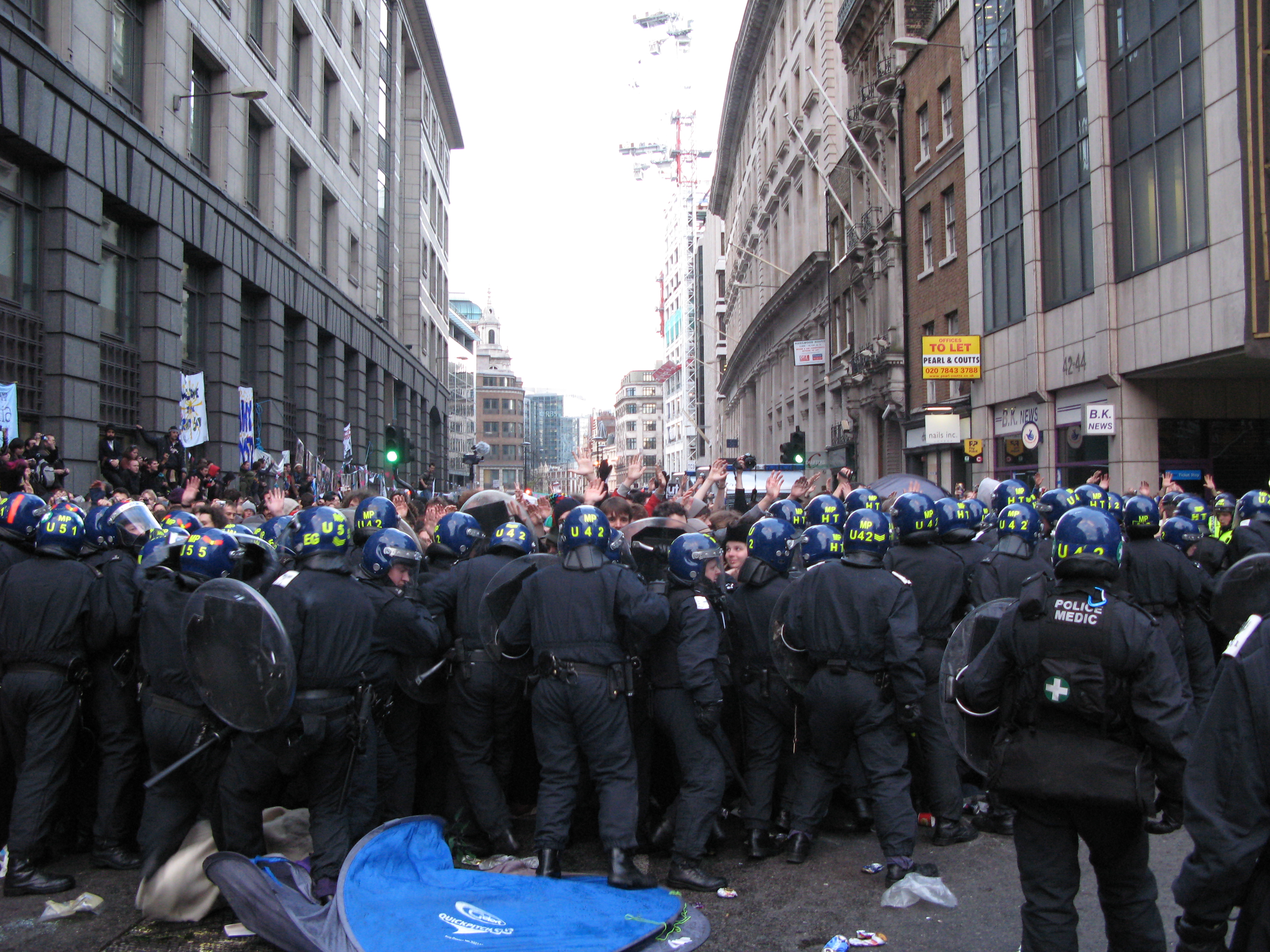After 366 days, the summer Olympics, a Cubs World Series victory, three versions of the iPhone, Brexit, a precarious cease-fire to a six-year civil war in Syria, and a historic presidential election, 2016 is over—finally. Domestic and abroad, it has been a stressful year for the Democratic Experiment of the United States of America. And since its inception, the problems of civil rights and who gets them have been under discussion. The magnitude of everything that has happened in the past year notwithstanding, race relations still haunt the nation as surely as the Ghost of Christmas Past.
The Obama administration will make way for President-Elect Donald Trump this month, but the racial tensions of the country will remain largely the same, bad. Despite the fact that with the election of Obama in 2008, many thought race relations would improve as we moved as a country into a “post-racial era” where anyone could do anything. To be blunt, these hopeful souls were wrong.
According to Gallup polling in 2008, 70% of whites and 61% of blacks thought that race relations between whites and blacks were either somewhat or very good. By 2016 those numbers dropped to 49% and 55% respectively. Similarly, the percentage of Americans who worry “a great deal” about race relations has almost doubled, going from 18% to 35%. Clearly, at a bare minimum, white and black perception of race relations has taken a turn for the worse.






